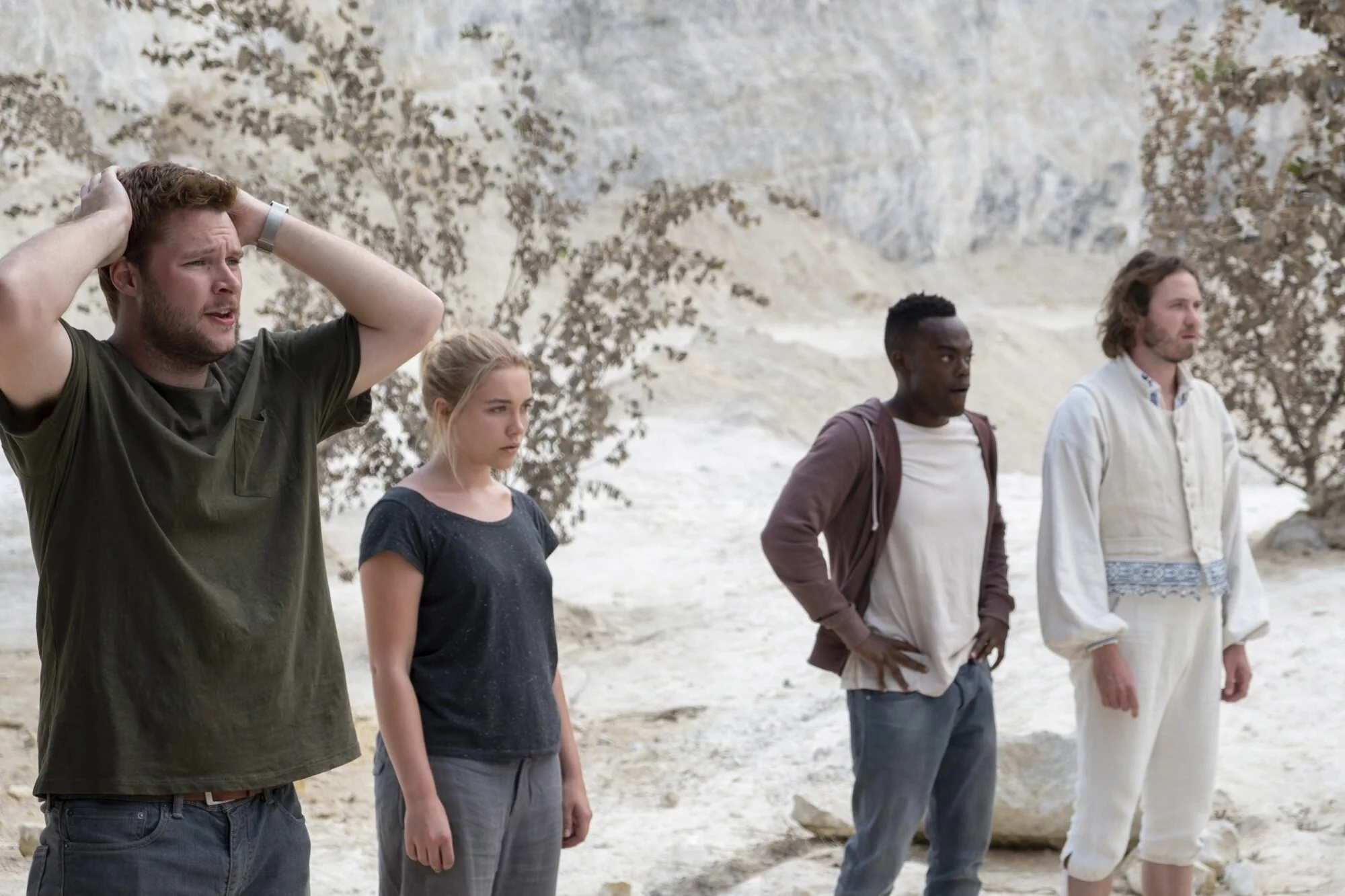While not technically an adaptation or a remake, Get Out re-envisions The Stepford Wives--both the 1972 novel and the 1975 film--in what you could call a remake in spirit. (Oh, and it rightly ignores the 2004 atrocity.)
Forbes’ film and Levin’s novel dealt with feminist themes of gender power dynamics, ownership of female bodies, and the objectification of women. Get Out builds on how those issues intersect with racial power dynamics, ownership of Black bodies, and racist ideas of Black people as animals.
But Peele’s up to more than just swapping Women’s Liberation for Black Emancipation. He gives us a more hopeful film, lighter and funnier than The Stepford Wives, but at the same time heavier and more horrifying.




